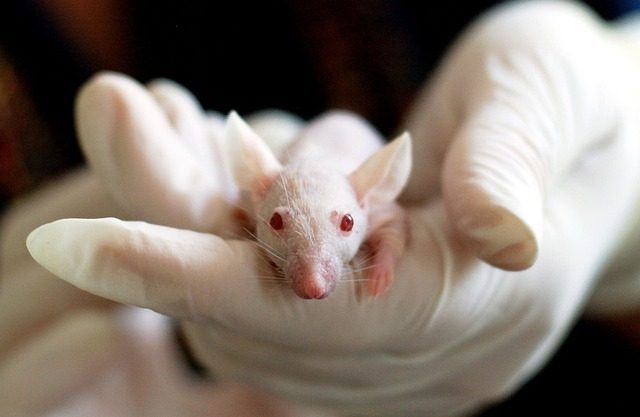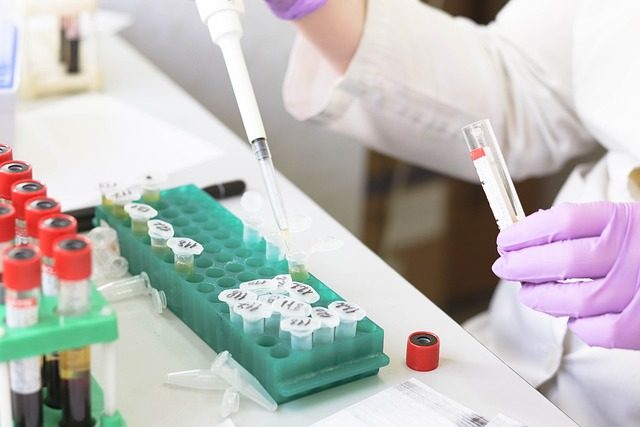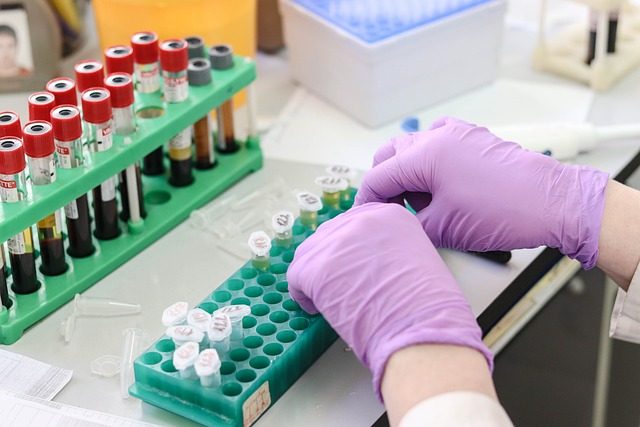Medical Laboratory Scientist Salary and Career Outlook
The role of a medical laboratory scientist (MLS) is integral to the healthcare system, providing crucial data for diagnoses and treatments. These professionals are known for their expertise in laboratory testing and their contribution to medical research.
With a growing emphasis on personalized medicine and preventative care, the demand for skilled MLS personnel is on the rise. This article will delve into the salary expectations and career outlook for those in the field, offering insights into what aspiring scientists can expect in the years to come.
Table of Contents
What Is A Medical Laboratory Scientist?
Medical laboratory scientists are trained professionals who perform a variety of laboratory tests that are critical to the detection, diagnosis, and treatment of diseases. They work with sophisticated laboratory equipment, conducting analyses of blood, tissue, and other bodily fluids.
These scientists are also responsible for ensuring that the laboratory procedures are carried out accurately and efficiently, maintaining the integrity of the results.
MLS professionals must stay abreast of the latest technological and methodological advancements in their field to provide the best possible outcomes for patient care.
What Does A Medical Laboratory Scientist Do?
The duties of a medical laboratory scientist are diverse and play a pivotal role in healthcare. They analyze biological samples, interpret data, and collaborate with healthcare providers to offer insights into patient health.
From clinical trials to routine health checks, MLS professionals contribute significantly to patient care plans. They also have a hand in developing new medical treatments by providing essential data for research.
Moreover, medical laboratory scientists are often involved in quality control and assurance within the lab, ensuring that all testing meets the required standards.
How To Become A Medical Laboratory Scientist?
A career as a medical laboratory scientist requires a strong educational foundation. Prospective MLS professionals typically need a bachelor’s degree in medical technology or clinical laboratory science.
Earning certification is also a critical step, as it validates one’s expertise and can lead to better job prospects and higher salaries.
Continued education is also pivotal, as the medical field is constantly evolving. Advanced degrees can open doors to more specialized roles and research opportunities.
What Is The Difference Between A Lab Technician Vs Lab Technologist/Scientist?
Although the terms are sometimes used interchangeably, there are distinct differences between lab technicians and lab technologists or scientists. Lab technicians often hold an associate’s degree and perform more routine lab tests.
On the other hand, lab scientists or technologists typically have more advanced education and are responsible for more complex analyses and oversight within the lab.
The scope of practice and responsibilities differs significantly, impacting salary and career advancement opportunities.
How Much Does A Lab Scientist Make?
Salaries for medical laboratory scientists vary based on factors such as educational background, location, and level of experience. On average, these professionals can expect to earn over $84,000 annually.
Factors such as working for a prestigious institution or holding additional certifications can also affect a lab scientist’s salary.
Furthermore, those with advanced degrees or specializations may command higher salaries due to their expertise and the demand for their skills.
What Are The Top-Paying States For Lab Scientists?
Salary can significantly vary across different regions. The top-paying states for medical laboratory scientists include New York and Connecticut, where the demand for healthcare services is high.
Urban areas with large populations and prominent medical facilities tend to offer more competitive salaries due to the higher cost of living and the concentration of specialized services.
Does Seasonality Impact Pay For Lab Scientists?
While seasonality may affect employment opportunities in some professions, the healthcare sector, and particularly the role of MLS, is less susceptible to seasonal fluctuations.
The need for healthcare services, including laboratory testing, is consistent throughout the year, ensuring relative stability in employment and salary for medical laboratory scientists.
What Is The Job Outlook Like For Lab Scientists?
The job outlook for medical laboratory scientists is strong, with an expected growth of 8% from 2018 to 2028. This growth is reflective of the overall demand for healthcare services and the expansion of laboratory testing in medical diagnostics.
With the aging population and the increasing focus on preventive care, the need for skilled lab professionals will likely continue to rise.
Find A Lab Scientist Job With Trusted Health?
Finding a job as a medical laboratory scientist can be streamlined by utilizing platforms like Trusted Health. These platforms connect healthcare professionals with job opportunities that match their skills and career goals.
Trusted Health and similar services can provide resources and support for MLS professionals seeking employment, whether they’re looking for traditional roles or more unique positions within the healthcare industry.
Ready For A Career In Healthcare?
For those considering a career in healthcare, becoming a medical laboratory scientist offers a balance of stable employment and the opportunity to play a critical role in patient care.
With a positive job outlook and competitive salaries, MLS is a career path worth exploring for individuals interested in science and healthcare.
Becoming A Medical Laboratory Scientist?
Becoming an MLS requires dedication to education and ongoing professional development. Those interested should prioritize obtaining the necessary credentials and consider specializing in areas with high demand to maximize career prospects.
Networking within the scientific community and staying informed about the latest industry trends are also critical for long-term success.
Frequently Asked Questions on MLS Careers
What is the future for medical laboratory scientists?
The future for medical laboratory scientists is promising. Advances in medical technology and the growing importance of laboratory data in healthcare decision-making point to a sustained demand for MLS professionals.
Emerging fields like genomic testing and personalized medicine further underscore the vital role of laboratory scientists in the healthcare sector.
What is the demand for medical laboratory scientists?
The demand for medical laboratory scientists remains high, driven by an aging population and a focus on disease prevention and early detection. MLS professionals are central to the delivery of accurate diagnostic information, which is critical for effective patient treatment plans.
The consistent need for qualified lab personnel bodes well for those entering the field.
Where do CLS get paid the most?
Clinical laboratory scientists (CLS) tend to be paid the most in states with a high cost of living and a concentration of leading medical institutions. States like New York, California, and Connecticut often offer the highest salaries to reflect the cost of living and competition for skilled workers.
Additionally, cities with a high demand for healthcare services also tend to offer more competitive pay.
How much is a medical laboratory scientist paid in the USA?
In the United States, a medical laboratory scientist’s salary can range widely, but on average, they earn upwards of $84,000 per year. Factors such as experience, education, and location can significantly affect this figure.
Medical laboratory scientists in specialized roles or those with advanced degrees may earn higher salaries.
For a deeper look into the life of a medical laboratory scientist, check out this informative video:
In conclusion, the salary and career outlook for medical laboratory scientists is favorable, with opportunities for growth and advancement in a variety of healthcare settings. By securing the appropriate education and certifications, MLS professionals can expect to embark on rewarding careers that are essential to the future of healthcare.








